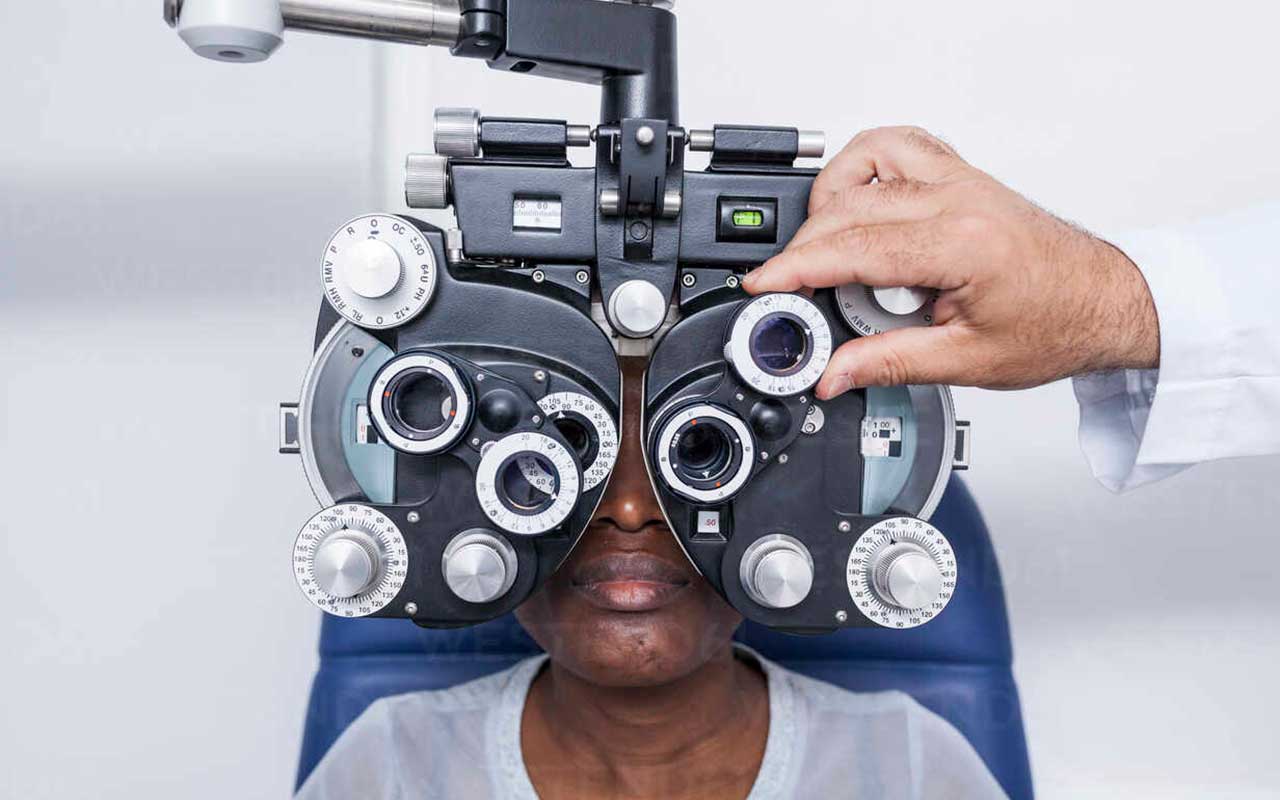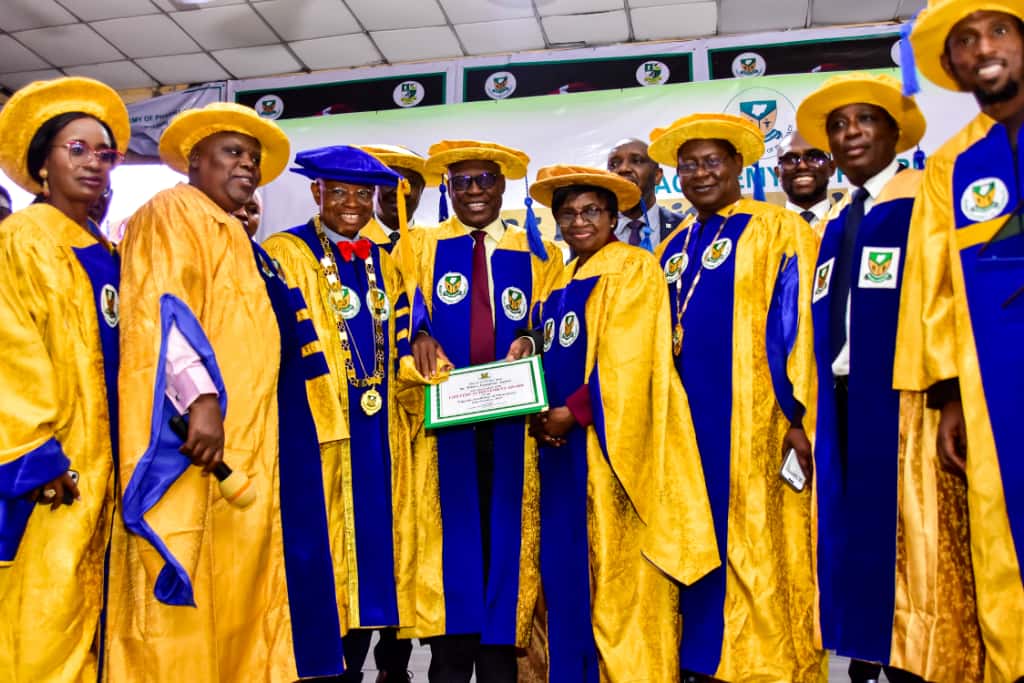
The Nigerian Optometric Association (NOA) has called on the Federal Government to extend the import waiver granted to pharmaceutical products to eye care equipment and supplies.
The association also sought improved welfare for healthcare workers and a conducive working environment to reverse the ‘japa’ syndrome.
In a communique issued after the 47th national conference and yearly general meeting of the association signed by the NOA President, Dr Anderson Chimeziri and Secretary, Dr Victor Aliche, they observed that the cost of eye care services has continued to rise and emphasised the need for import waiver for ophthalmic instruments.
Chimeziri, who spoke to The Guardian, underscored the necessity of extending exemptions to optical equipment and supplies and attributed the escalating costs of eye care to taxes on imported ophthalmic diagnostic equipment, lenses, and optical health products and services.
He noted the urgent need for accessible eye care services and stressed that by making these essential items more accessible and affordable, the government can enhance eye health outcomes and facilitate early detection of eye conditions, as well as curb the prevalence of vision impairment among Nigerians.
Chimeziri lamented that 80 per cent of the adult population experiences severe near vision impairment due to uncorrected presbyopia, with a staggering 94 per cent of individuals with presbyopia lacking any form of vision correction due to the cost of proper diagnosis and spectacles.
He said: “Vision screening and potential correction of refractive errors are essential not only for reducing road traffic accidents but also for integrating vision care into public health systems and poverty alleviation initiatives.”
The NOA president said addressing visual impairment is crucial for achieving various developmental goals such as reducing poverty, enhancing productivity among healthy workforce with good eyesight, thus diminishing hunger, ensuring food security, and promoting sustainable agriculture.
He said: “Good vision plays a pivotal role in ensuring inclusive and equitable quality education, fostering lifelong learning opportunities for all individuals, thereby advancing gender equality and empowering women and girls. Refractive error stands as a significant contributor to visual impairment according to the WHO Vision 2020 initiative.
“Globally, approximately 153 million individuals suffer from uncorrected refractive errors, with 145 million facing significant distance visual impairment. Among them are 13 million children aged between five to 15 years are affected, along with eight million individuals who are blind.”
The organisation also called for the inclusion of more optometrists and optometric services in the National Health Insurance Scheme (NHIS) to expand access to eye care services. They also advocated for the establishment of optometry departments in all federal and state tertiary institutions to enhance education, research and clinical practice in optometry.
They further expressed the unwavering commitment of optometrists to providing exceptional patient-centered eye care services, thereby contributing significantly to the attainment of universal health coverage, and realisation of optimal visual health for all Nigerians.
The association highlighted the critical role that optometrists play in the healthcare system, particularly in the prevention and management of eye diseases, vision impairment and their importance in primary healthcare.
While seeking sustained advocacy and public awareness campaigns to promote the role of optometrists in primary healthcare, the association also stressed the need for increased collaboration between optometrists, healthcare professionals, and stakeholders to strengthen primary healthcare services delivery.
“NOA should collaborate with Federal Government towards the development of public awareness programmes to educate Nigerians on the importance of regular eye examinations and proper eye care.”
They appealed to governments and Non-Governmental Organisations (NGOs) to engage and employ optometrists at all levels of healthcare, especially the primary health centres to expand access to eye care services in underserved communities.
NOA, however, recognised the efforts of the Federal Government in improving the health indices, especially of the primary healthcare system in the country.
While commending the efforts of the Federal Ministry of Health, state governments and NGOs in promoting eye health and vision care, the association called for the development of policies and programme to address the growing burden of eye diseases and vision impairment in the country.
Earlier, the Vice-Chancellor of the University of Ilorin, Prof Wahab Egbewole, shed light on the far-reaching consequences of the ‘Japa’ syndrome on young optometrists. He proposed innovative remedies, such as mentorship programmes, international collaboration, and enhanced career development opportunities, to mitigate the effects of the Japa phenomenon and empower the next generation of optometrists.





